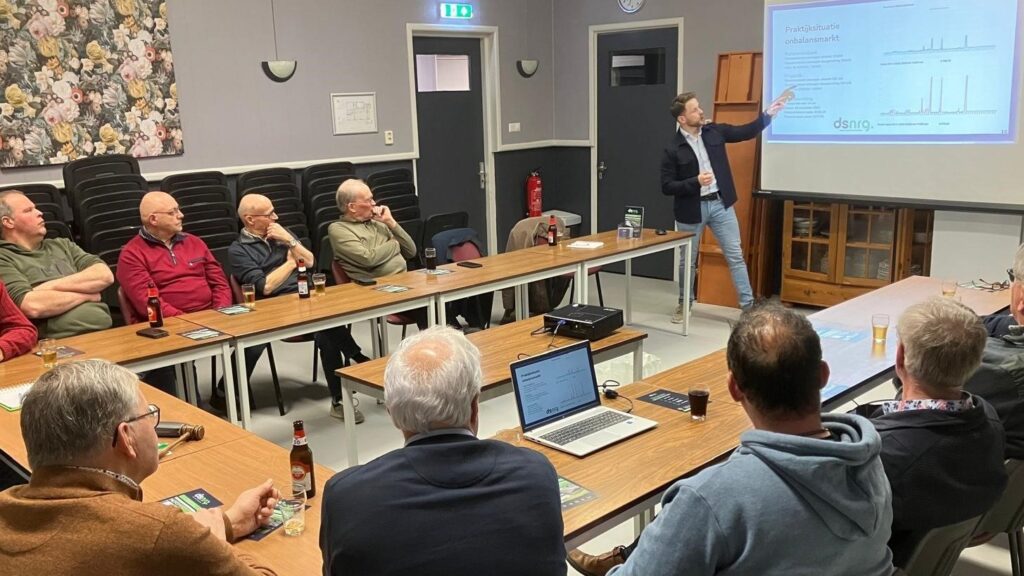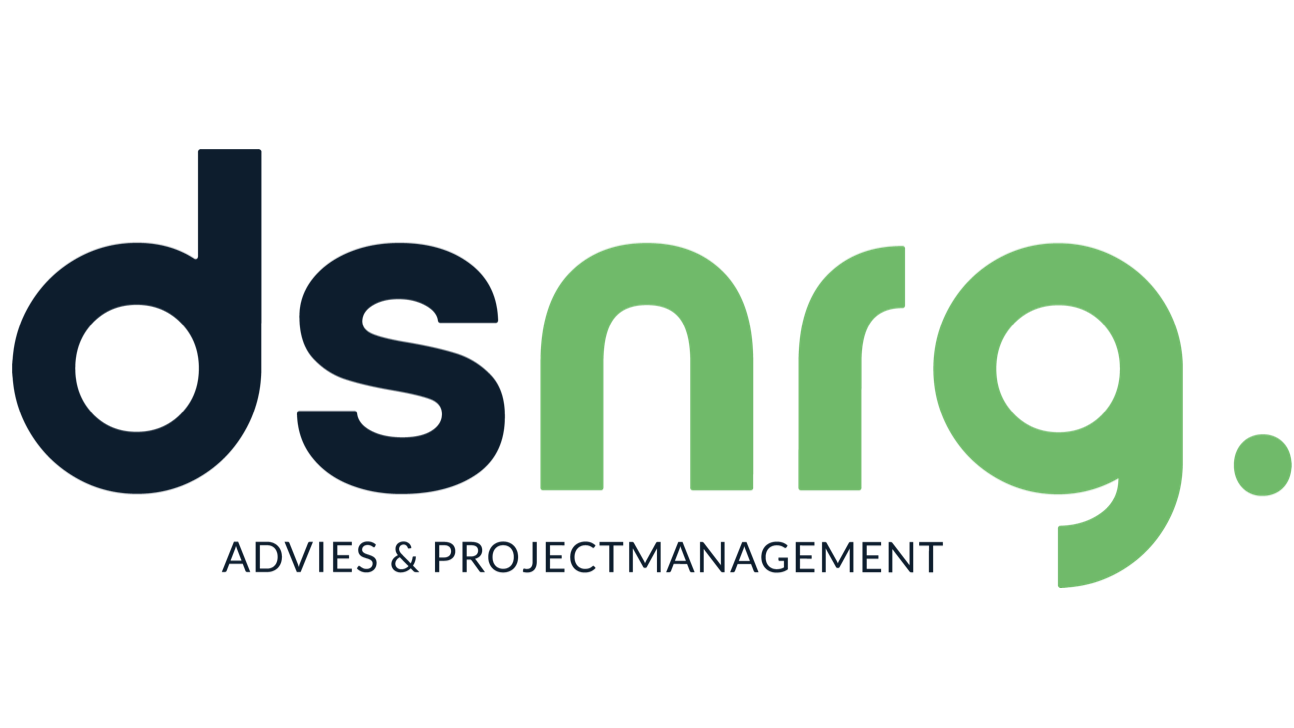(NL) Solar power installations are an important step towards sustainability, but they also come with responsibilities. To ensure the safety of your installation and to meet insurers’ requirements, a Scope 12 inspection is often mandatory. This is especially true for companies with installations of more than 50 solar panels.
What is a Scope 12 inspection?
The Scope 12 inspection is an inspection scheme introduced in 2019 to improve the quality and safety of solar panel installations. It combines various inspection rules into one standardized format. The inspection includes two types:
Initial Special Inspection (EBI): For installations that have never previously undergone a Scope 12 inspection. Older projects were not subject to this inspection, so your installation may fall under the EBI category.
Periodic Inspection (PI): Conducted every 3 to 5 years to assess the condition of the installation.
During the inspection, the installation is checked through a visual examination, followed by measurements and testing. After completion, the inspector issues a report indicating whether the installation complies with safety requirements.
Why a Scope 12 inspection?
The rapid growth in the popularity of solar panels has unfortunately led to an increase in lower-quality installations. A Scope 12 inspection helps minimize this risk. Additionally, insurers often require a valid Scope 12 certificate for installations above a certain size.


